
Exploring the role of age structure in regional population change of the Visegrad Group
Csaba G. Tóth, József Lennert
Publikációk / Folyóiratcikkek / Nemzetközi folyóiratcikkek

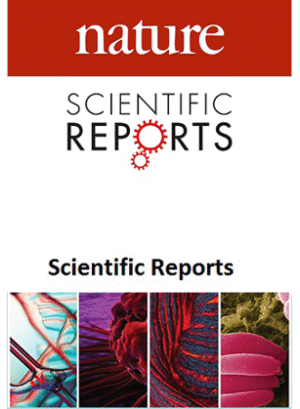
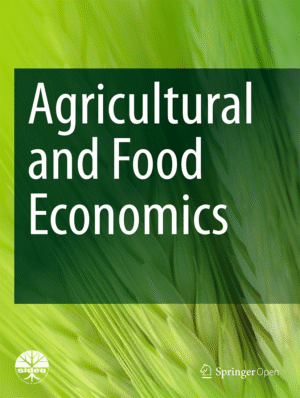
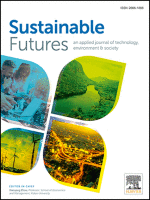
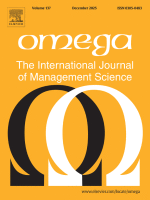
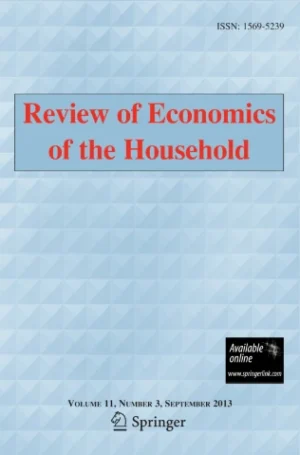


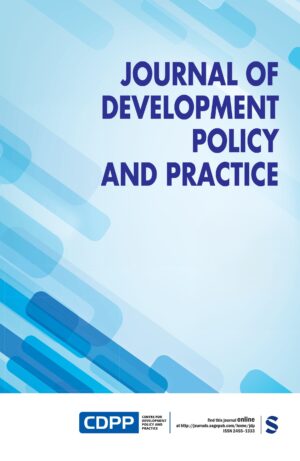


ELTE KRTK – Közgazdaságtudományi Intézet
| Cím: | 1097 Budapest Tóth Kálmán u. 4. |
| Telefon: | (+36-1) 224 6700 |
| E-mail: | kti@krtk.hun-ren.hu |
| Web: | www.kti.krtk.hu |